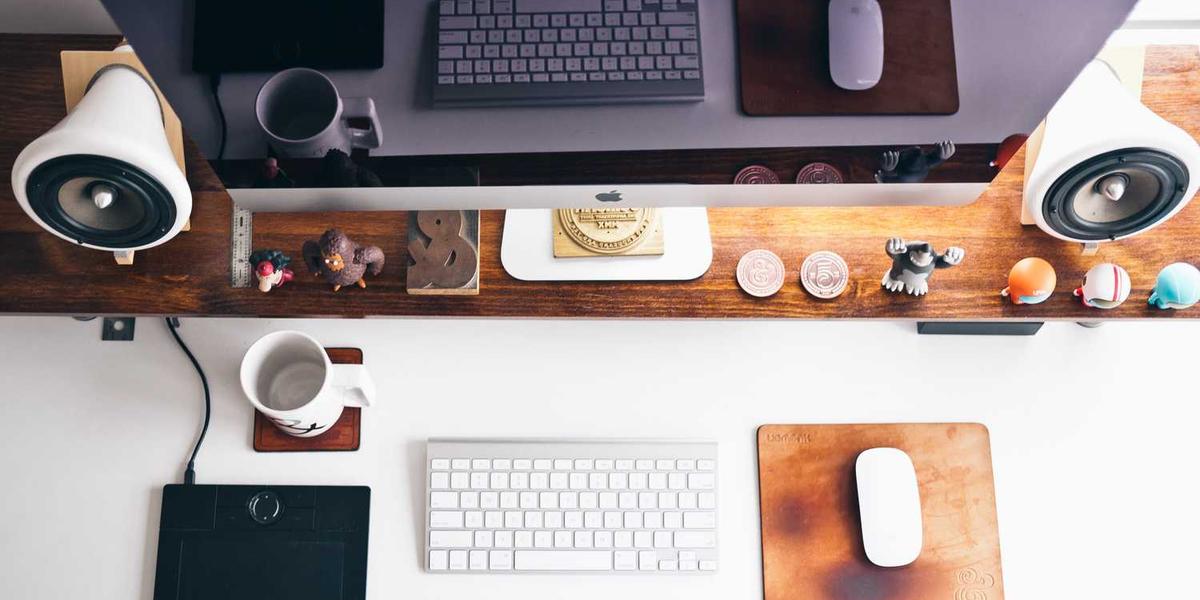
The Duality of AI: Creativity, Empathy, and the Human Connection
🤖 AI-Generated ContentClick to learn more about our AI-powered journalism
+As artificial intelligence permeates more aspects of our lives, Reddit's AI-focused communities offer a unique window into the evolving relationship between humans and machines. Discussions in these spaces reveal a striking duality: AI as both an incredible tool for democratizing creativity and a force that challenges the essence of human connection.
One of the most recurring conversations revolves around AI's impact on creative industries. As one Redditor pointed out:
It is rare that people build big audiences from just being great at their art. Mostly, people build big audiences from being good at their art, and also good at marketing.
This observation highlights an uncomfortable truth—even before AI, success in the arts has often been as much about visibility as it is about talent. With AI, this tension grows sharper, as tools can replicate or even enhance artistic abilities, raising questions about the human role in creative processes.
The Human Edge in an AI World
AI tools, however, have brought a new twist. With programs that can generate art, music, and even memes at lightning speed, creators face an existential question: How do humans compete with machines capable of instant output? Another commenter elaborated:
Personally, I still think [creators] compete on taste. For example, I could get AI to create memes for me. But, I'm not very funny. Therefore, the memes I would get AI to make for me would probably not be very funny. I'm willing to pay for someone with taste to show me great options that I can pick from. That way I can avoid paddling through the oceans of AI slop that I could produce myself.
This emphasis on human curation underscores a recurring theme: AI excels as a tool, but it often requires human input to truly shine. Adding to this discourse, Ai-Da, the world's first ultra-realistic humanoid robot artist, has sparked intense debates about what constitutes art and creativity. Ai-Da uses cameras in her eyes, AI algorithms, and a robotic arm to create art that has been exhibited globally, including at the Venice Biennale and the United Nations. As described on her website:
Ai-Da creates art, because art no longer has to be restrained by the requirement of human agency alone...
Ai-Da's existence challenges traditional notions of creativity and raises profound questions about the role of machines in human culture. If art can be defined by its ability to provoke thought and elicit emotion, does it matter whether the creator is human or a robot? The answers are far from simple. Ai-Da herself may symbolize a turning point in how society views artistic expression, where collaboration between humans and machines becomes the new norm.
AI and Emotional Support: A Double-Edged Sword
Beyond creativity, the role of AI in emotional support and mental health is another polarizing topic. Some argue that tools like ChatGPT can act as "therapy-lite," offering a safe space for reflection. One Redditor shared their perspective:
ChatGPT is best used as a tool for self-reflection and support, rather than a serious replacement for therapy. Although I do think that people who have been to therapy before and have already developed a good degree of self-awareness about their problems could potentially use it as 'therapy-lite' in an effective way.
This nuanced view acknowledges the potential benefits of AI while recognizing its limitations. Tools like ChatGPT can provide comfort and insight, but they lack the depth and nuance of human therapists, particularly for complex or deeply personal issues. Yet, the limitations of AI in providing genuine empathy can't be ignored. Another commenter warned against anthropomorphizing AI:
ChatGPT is not a person. It has no real memory of you. If you think it's your friend or virtual husband, I would highly recommend you talk to a professional therapist. This is not normal and definitely won't be healthy for you long term.
Finding Balance in the AI Era
The concern is not just about over-reliance on AI but also about the broader implications of replacing human connection with machine interaction. While these tools can simulate understanding, they lack true emotional depth and the ability to reciprocate in meaningful ways. Still, there's undeniable intrigue in the idea of AI acting as a sounding board, a mirror for our thoughts and emotions.
Amid these debates, a recurring theme is the importance of context and intentionality. Whether AI is being used for creativity or emotional support, its value ultimately depends on how humans choose to integrate it into their lives. As one commenter put it:
We are having to sort through a lot of half-baked ideas, with only the current state of the art. The challenge is weighing claim and evidence.
This speaks to the broader responsibility of users and creators alike to navigate the opportunities and risks of AI thoughtfully. The journey of AI is not a simple one. It is a story of potential and peril, of creative breakthroughs and the challenge of maintaining human connection. Ai-Da's poetic yet mechanical brushstrokes remind us of the beautiful ambiguity in merging human and machine efforts. As we continue to explore what AI can do, we must also reflect on what it should do—and how it can enrich our lives without overshadowing what makes us human.